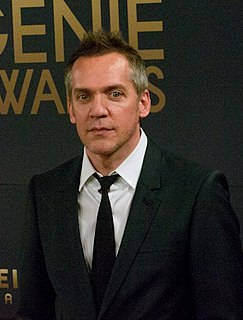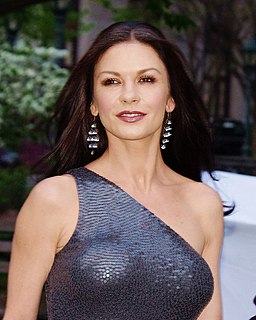A Quote by Sherwood Anderson
Everyone knows of the talking artists. Throughout all of the known history of the world they have gathered in rooms and talked. They talk of art and are passionately,almost feverishly, in earnest about it. They think it matters much more than it does.
Related Quotes
Artists talk about art in sort of straightforward terms, more like the way you talk about plumbing fixtures. Does it function well? Does it bring the hot water up from the cellar efficiently, or does it lose too much thermodynamic energy in the process? Artists are also very ruthless with each other and can be very brutal in evaluating each other's work because their criteria is almost more mechanistic. Does it do what it's supposed to be doing in an efficient way? That doesn't mean that intention is not part of the conversation, but it's not the foreground.
I belong to a bowling team with black and Latino coworkers. And when we get together and we talk about politics - I'm almost quoting him - he said, we don't talk about Black Lives Matters. We talk about what matters to our families. We talk about jobs, and we talk about the fate of the country. That is America, and you can reach those people.
The problem of making artists talk about their work is that when they're making their work the left-brain is shut off. So if you talk to an artist about it, you're talking to someone who wasn't there. It's hopeless. And also it's insulting. It's implying that the work is not an adequate account of itself. To me, the greatest artists are almost entirely non-verbal.
Social movements throughout history take place in people's minds. If we got 5,000 Americans who were talking about climate change to their neighbors and to their coworkers, and talking about this pledge, that would change the political and social landscape so much more than if 5,000 people got arrested for protesting a pipeline.







































